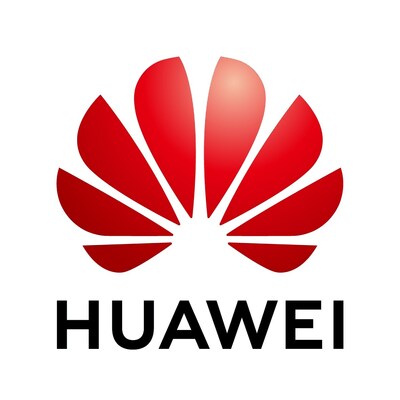Source prnewswire
Winner in AI Solutions for Climate Change Competition Announced at COP28
As part of the ongoing United Nations Climate Change Conference (COP28), hosted by the United Arab Emirates, Huawei has partnered with multiple UN agencies in order to unlock the potential of artificial intelligence for enhancing collective responses to climate change. A high-profile event held during COP28 on Saturday saw the announcement of the winners of the AI/Machine Learning in 5G Challenge, which began in July, involving representatives from the International Telecommunication Union (ITU), the International Atomic Energy Agency (IAEA), the Food and Agriculture Organization (FAO) and UNESCO. Jerry Guo, President of Huawei's Global Technical Services R&D, joined top officials from the International Telecommunication Union (ITU), the International Atomic Energy Agency (IAEA), and UNESCO to encourage green digital solutions to climate change. The President of Huawei's Global Technical Services Research and Development, Jerry Guo, joined top officials from the International Telecommunication Union (ITU), the International Atomic Energy Agency (IAEA), the Food and Agriculture Organization (FAO) and UNESCO at a high-profile event at COP28 on Saturday that saw the announcement of the winners from the AI/Machine Learning in 5G Challenge, which launched in July, in encouraging green digital solutions for climate change. During the 5G energy consumption modelling challenge, Huawei introduced a problem statement which was a part of a series of competitions curated by the UN organizations, and led by the ITU and the IAEA, where over 700 teams from 83 countries participated.A team consisting of Indian data scientists Krishna Priya and Rajat Ranjan, emerged as the winners of a competition to develop machine learning models that can reduce the energy consumption of base stations from any manufacturer.The Secretary-General of the International Telecommunications Union, Doreen Bogdan-Martin, believes that artificial intelligence can contribute between five and ten percent to global greenhouse gas reductions by 2030, and that more and more people are discovering how technology has the potential to enable us to pursue greener, more sustainable paths.According to her, the key to our success is our partnerships.Furthermore, the event was attended by top officials including Qu Dongyu, Director-General of FAO; Najat Mokhtar, Deputy-Director General of IAEA; and Vladimir Ryabinin, Assistant Director-General of UNESCO.On his part, Guo of Huawei said that the electricity used to power telecom networks is responsible for more than 90 percent of the carbon footprint of a telecom operator.In order to reconcile the fast-growing demand for data with the expectations of a green network, we need to act fast," Guo explained in an interview."The responsibility of tech companies like Huawei is to improve the efficiency and quality of communications networks, reduce energy consumption and costs of the networks, and to make a major contribution to the development of humans, he said.There are a number of examples of AI-powered Simulated Reality of Communication Networks (SRCON), which reduces energy consumption by more than 20 percent while ensuring that network performance is among the best in the industry.Currently, the technology has been implemented in more than 40 countries, which has contributed to the reduction of carbon dioxide emissions by 700,000 tons every year, according to Guo.






No Comments